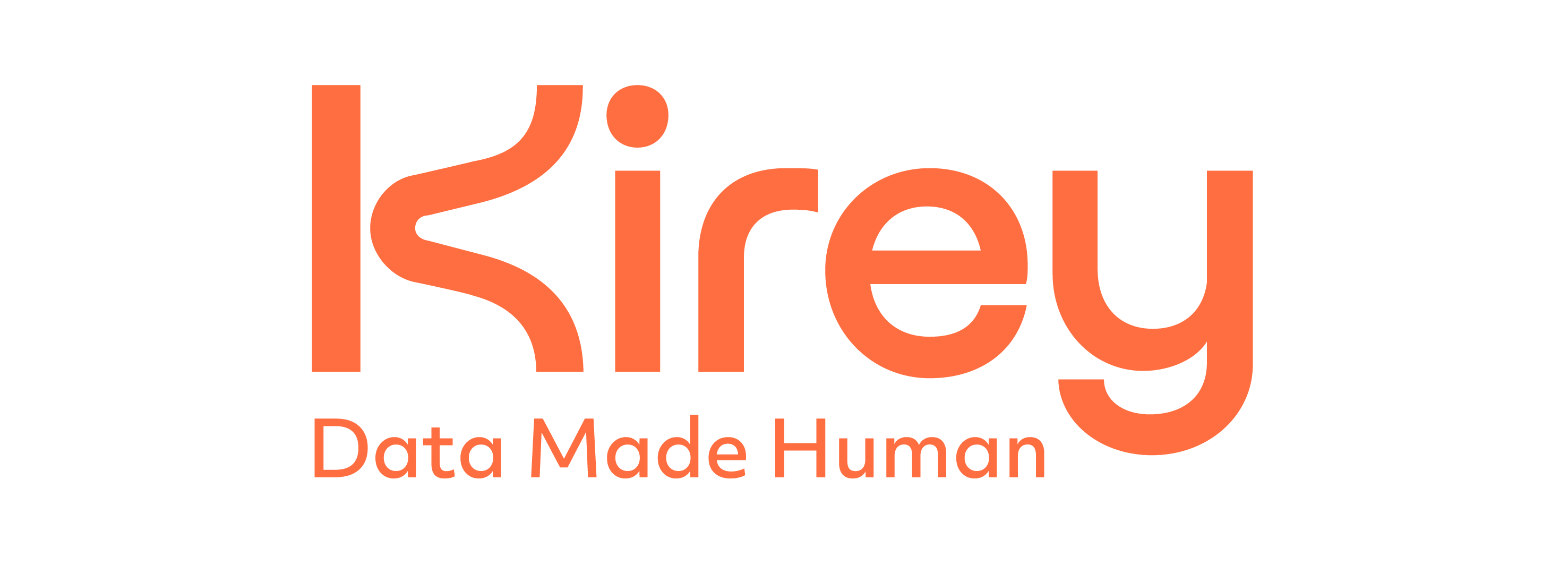No longer just the basic knowledge of the customer but the ability to build business strategies in line with the changing market and to operate with responsibility and transparency, giving added value to compliance with the law. With this in mind, technology is a solution that must be tailored to the needs and objectives of the company.
Data base, Big data, analytics, joys and pains of companies and companies. The use of data as a basis for knowledge of the customer has gone from the almost total deregulation of the pioneering phase of electronic marketing to tight and supervised jerseys in which the legislation attempts to force them. In the primordial chaos that precedes the era of the total connection (from the Iot onwards) there is an almost mythological struggle between the Good (the value as a business value) and the Evil (the abuse of information as a threat to the consumer) , more prosaically transferred to the relationship between Business Intelligence and Data Governance. It is on this boundary that every enterprise is at this moment, a position that often has to deal with the inadequacy of the company structures in the evolution at the same speed with which the technological potential changes.
For the insurance world, data has always been a precious asset, is the basis of the tariff system and therefore of the strategies that can be implemented on the market. "The strict legislation requires companies to think of a data governance, and they have found themselves in recent years to design a concrete and systematic approach with different levels of difficulty, often dictated by the sensitivity of managers towards the technological theme", says Teresa Roma, Kirey Group's Business line manager, Information management.
From the norm to the culture of the data
Changing the approach to the data and making it an asset for the company is a path that requires the time necessary for a cultural transformation, in which what is perceived as a normative superstructure must instead become the guide for a responsible alliance with the customer, an evolutionary step that is confirmed by the experience of Kirey Group: "There are companies in which a cultural change begins to be evident, it is those that have seen that the constant exercise of data governance creates value; others have however responded to the legislation but find themselves to have more difficulties, in some cases they have equipped themselves with useful tools but which are not yet able to use them fully ".
Having the data governance means identifying the information subject to the need for governance, identifying where data is responsible and designing a control mode based on IT strategies: "Through this first phase, some companies have managed to change their way of working by moving the value of information from data as the object of data regulation as a company asset ", explains Rome," A similar approach is aligned with technological, cultural and lifestyle changes in recent years. The government of the data today is not imposed by legislation but is accepted as effective with respect to the decisions that the company must take ".
Ability to analyze technology first
This is where the intersection between data governance and business intelligence, which are integrated into information management, triggers the ability to strategically manage information through specific company policies. To these aspects is added the theme of the Gdpr: "Companies must respond with a view to responsibility and respect for the customer and his sensitive data, also through appropriate technological support", says Teresa Roma, who provides an example: "We have released for a company, a software to mask the sensitive data that, at the client's request, can be encrypted, archived and deleted, with the possibility of retrieving the information in the case of rethinking ". Technological solutions must be able to fall into the reality of companies: "The implementation of a system can be implemented in different ways because the choice of technology depends on different factors, including the strategy, the status of information assets and the level of spending. It is necessary to realize a project based first on the analysis of the situation and then on an innovative technological architecture in the data control capacity, and flexible, to make a dialogue between them - where needed - different systems that may have been adopted by the company in response to different needs ".
The time of the here and now
In terms of data and how to manage them, it is necessary to have a perspective: "Our customers ask us about big data and the analysis of unstructured data, on the data warehouse in the cloud, which significantly reduces costs for companies, themes that we develop in our laboratories ", explains Rome. But today is the speed that makes the difference: "A period of two years is nothing today, past and future are non-existent, technological evolution is traveling on the here and now, not on the prospect". There is the need to operate in near real time, that is to provide immediate solutions to the requests of companies that change from day to day: "This requires a great creative drive, the ability to work keeping together the threads of the analysis of technology, the comparison with customers and the needs of new services from the market, not least in our case the possibility of taking on the role of DPO in some companies ".
